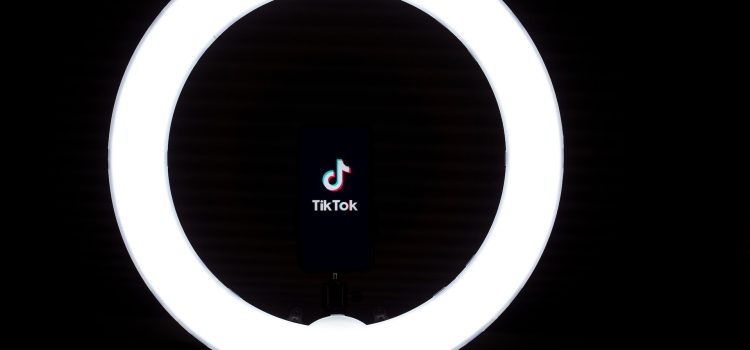
In a high-stakes legal battle, TikTok has launched a lawsuit against the state of Montana, challenging its ban on the popular video-sharing app. The move marks TikTok’s latest effort to push back against government restrictions, asserting that the ban infringes upon user rights and stifles freedom of expression. This article will delve into the details of the lawsuit, the motivations behind Montana’s ban, and the broader implications for the regulation of social media platforms.
Montana’s Ban on TikTok:
Concerns over data privacy and national security have prompted a growing number of states and countries to impose bans on TikTok. Montana joined this trend by enacting a ban that prohibits the use and download of the app within its jurisdiction. The ban is based on fears that TikTok’s parent company, ByteDance, could compromise user data and pose potential risks to national security.
TikTok’s Lawsuit:
In a bold move, TikTok has taken legal action against Montana’s ban, arguing that it violates the constitutional rights of its users. The lawsuit asserts that the ban infringes upon the First and Fourteenth Amendments, specifically the right to freedom of expression and equal protection under the law. TikTok contends that the ban is an overreach of government power and an act of censorship.
The lawsuit seeks to overturn Montana’s ban and set a precedent for challenging similar restrictions imposed by other jurisdictions. TikTok maintains that the platform fosters creativity, community engagement, and access to information. It argues that banning the app would deny millions of users their right to express themselves and engage with digital communities.
Montana’s Motivations:
Montana’s ban on TikTok reflects concerns shared by other jurisdictions regarding data privacy and national security. The state’s authorities believe that TikTok’s data collection practices could compromise sensitive information and potentially be exploited by foreign actors. By implementing the ban, Montana aims to protect its residents and uphold national security interests.
TikTok’s Defense:
TikTok has mounted a robust defense, highlighting its commitment to user privacy and data security. The company has implemented stringent measures to protect user data, including storing it on secure servers located outside of China. TikTok maintains that it operates independently from its Chinese parent company and undergoes regular audits and verifications to ensure compliance with privacy standards.
Furthermore, TikTok has emphasized its positive impact on users, showcasing stories of creativity, cultural exchange, and community building. The platform has become a cultural phenomenon, with millions of users relying on it as a form of self-expression and entertainment. TikTok argues that the ban not only stifles this creativity but also infringes upon the rights of its users.
Implications for TikTok:
The outcome of this lawsuit holds significant implications for TikTok and its future operations. A successful challenge against Montana’s ban would not only allow TikTok to continue operating in the state but could also set a precedent for challenging similar restrictions nationwide. On the other hand, an unfavorable ruling could embolden other states and countries to impose even stricter regulations or bans on the platform, potentially impacting TikTok’s user base and revenue.
Broader Implications:
The legal battle between TikTok and Montana reflects the larger tension between government regulation and the protection of individual rights in the digital age. The case raises important questions about the role of social media platforms, data privacy, and national security. It serves as a testing ground for the limits of government intervention and the preservation of freedom of expression.
As governments worldwide grapple with the influence and impact of social media platforms, legal battles like this one will shape the future of social media regulation.








